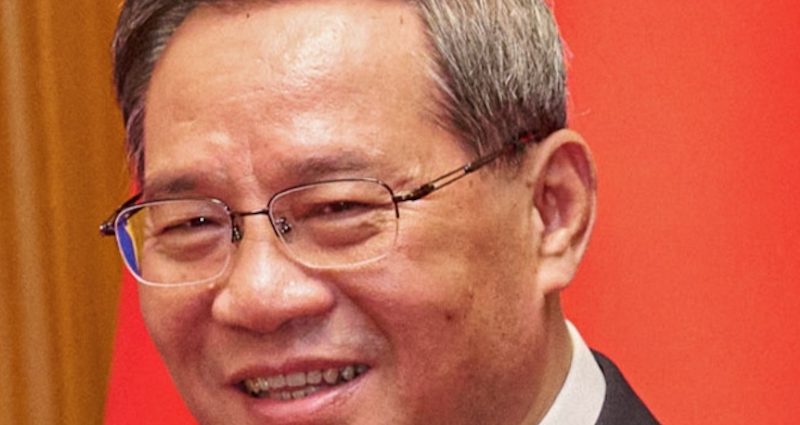
Chinese Premier Li Qiang has condemned Western efforts to limit trade and business ties with his country, and encouraged international economic cooperation.
In his keynote address on Tuesday at a World Economic Forum event in the Chinese city of Tianjin in which he criticized “the politicization of economic issues,” Li said: “Governments should not overreach themselves, still less stretch the concept of risk or turn it into an ideological tool.”
His denouncing of economic “politicization” and defense of globalization in his speech at the so-called “Summer Davos” event in Tianjin will be music to the ears of investors around the world.
They’ve been signaling that they are eager for a leader of a superpower economy to dismiss the prevailing protectionist narrative of the last few years as many countries have looked increasingly inward, becoming more and more nationalistic.
Globalization opens up a wider array of investment opportunities beyond domestic markets. Investors can access a diverse range of industries, sectors, and geographies, allowing them to build well-diversified portfolios.
Emerging economies, in particular, offer unique investment prospects with higher growth potential compared with mature markets. By capitalizing on globalization, investors can participate in the growth stories of emerging markets, diversify their investment holdings, and potentially achieve higher returns.
Diversification is, of course, a fundamental principle in investment strategy. Globalization provides investors with the means to diversify their portfolios across different regions, asset classes, and currencies.
By spreading investments across multiple countries, investors can mitigate the impact of localized risks and volatility. A well-diversified global portfolio can help reduce exposure to individual country-specific economic, political, or regulatory risks, thus enhancing the overall risk-adjusted returns.
Li’s call to drop economic politicization would allow investors to tap into innovative companies and sectors worldwide.
Different regions specialize in specific industries, such as technology in Silicon Valley, automotive in Germany, or financial services in London.
By investing globally, investors can gain exposure to companies at the forefront of technological advancements, disruptive business models, and emerging trends. This exposure to innovation can drive portfolio growth and potentially generate above-average returns.
The rise of globalization has seen the emergence of dynamic economies with robust growth potential. Investing in emerging markets offers the opportunity to capitalize on the economic progress of countries experiencing rapid industrialization, urbanization, and rising consumer demand.
History teaches us that these markets often present attractive valuations and the potential for high long-term returns. However, it’s important to note that investing in these emerging markets also carries additional risks, such as political instability or regulatory uncertainties, which investors should carefully consider and manage with a financial adviser.
Another major benefit of globalization for investors around the world is access to global mega-trends such as urbanization, renewable energy, health-care advancements, and changing demographics that transcend national boundaries.
On this issue of embracing globalization, China’s premier is on the right side of history. It empowers investors to build resilient portfolios, seize growth opportunities, and navigate an increasingly interconnected and dynamic global economy.
Nigel Green is founder and CEO of deVere Group. Follow him on Twitter @nigeljgreen.

